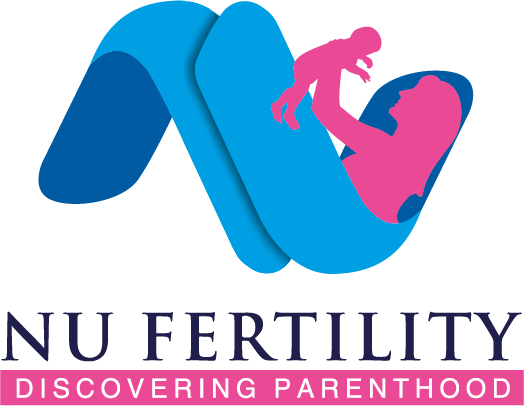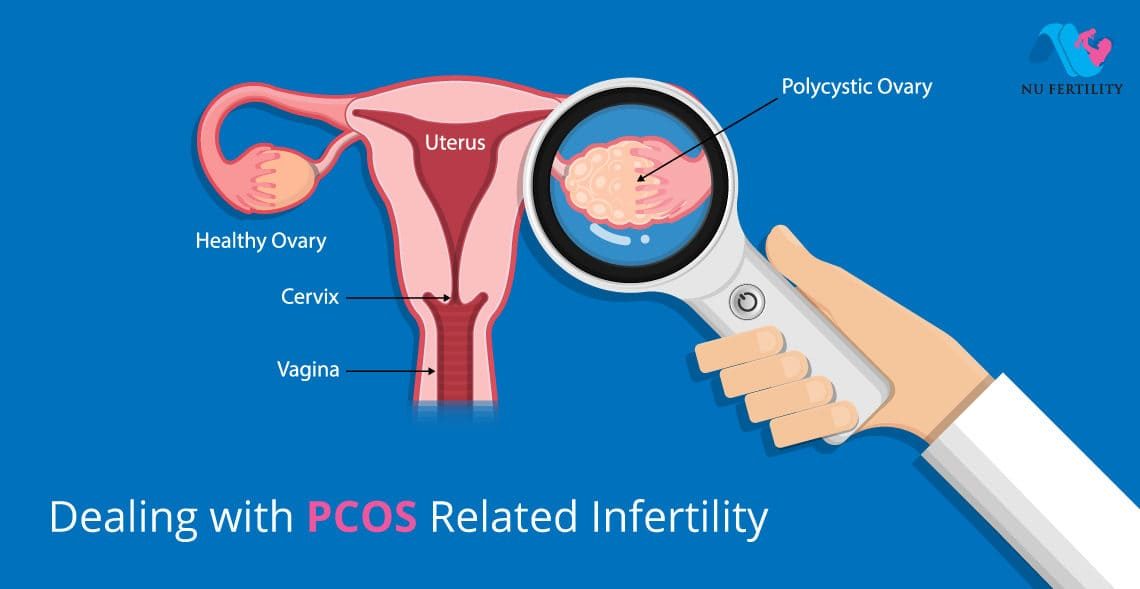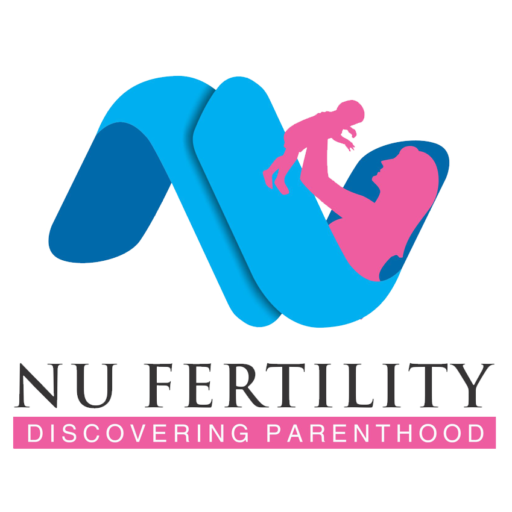Polycystic Ovary Syndrome (PCOS) is a common reproductive endocrine disorder, affecting about 5% of women. In women with polycystic ovaries, the ovaries are enlarged with multiple small cysts, which are nothing but the immature eggs which are not growing. These ovaries also have thick stroma which produces excessive androgens. They may also have an altered ratio of pituitary hormones- FSH and LH which interferes with ovulation. Excessive androgens are also responsible for acne and hirsutism.
How do you know if you have Polycystic Ovaries?
Typically they will have one or more of these symptoms:
- Irregular and infrequent periods with either excessive flow or scanty flow.
- Acne.
- Hirsutism.
- Weight gain worsens all these symptoms.
- The hormone test AMH is elevated and sometimes there is also an alteration of the FSH and LH ratio.
What causes PCOS?
Polycystic ovaries are a result of long term anovulation. It has a significant hereditary basis. Along with that weight gain and insulin resistance worsens the symptoms.
Why does PCOS cause infertility?
Infertility in PCOS is due to anovulation. Due to excessive androgens and altered hormonal milieu, follicular growth and ovulation do not happen.
What are my treatment options for PCOS if I want to get pregnant?
- Weight Loss is the first and foremost thing in the treatment of PCOD associated infertility. Even a 5-7 % weight loss can result in spontaneous ovulation.
- Ovulation induction: a variety of drugs like clomiphene citrate, letrozole and gonadotrophins like FSH and HMG can be used to induce ovulation. The dosage should be titrated by doing serial follicular monitoring. It also helps in timed intercourse.
- Sometimes when the ovaries do not respond to these drugs adjuvant medicines like metformin, myoinositol, and low dose steroids may also be used.
- Surgical management: When the ovaries fail to respond to the ovulation induction drugs, laparoscopy and ovarian drilling may be considered. This is particularly useful in lean PCOS and those with high LH.
- IVF may have to be considered if they fail to conceive even after 6 cycles of ovulation induction and 3-4 cycles of IUI. These women are at high risk for ovarian hyperstimulation syndrome during IVF. Hence it is advised to avoid HCG trigger and instead use a GnRH agonist trigger. Freeze all embryos policy followed by Frozen embryo transfer provides an optimal outcome.



